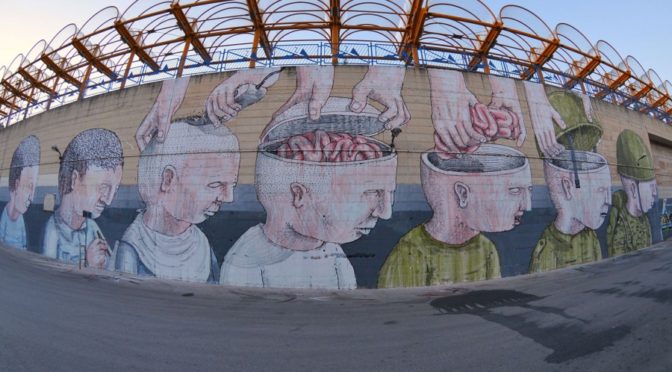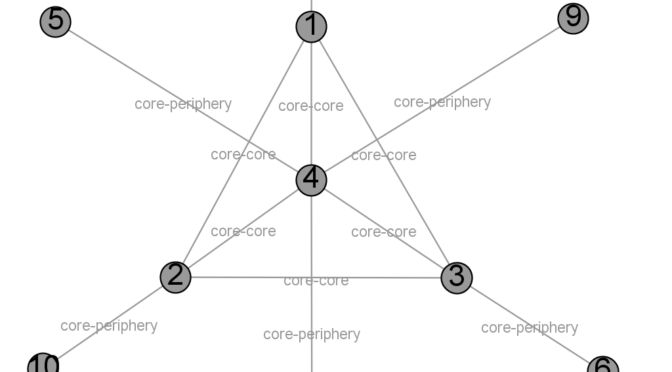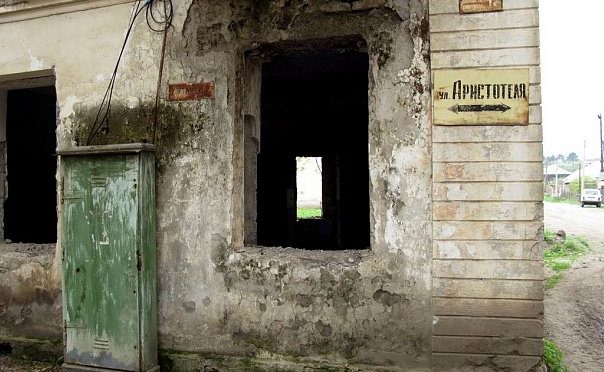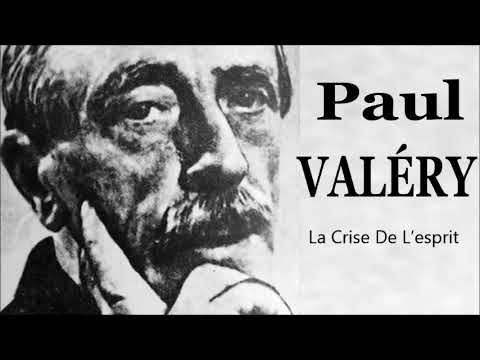
Angeliki Drongiti, Cresppa-CSU
interviendra dans le cadre du séminaire Enjeux contemporains. Penser les crises, organisé par le CEFRES.
Date: Mercredi 24 mars, 12h30 -13h50
Où: En ligne sur Zoom.
Organisateurs: Maria Kokkinou (post-doctorante CEFRES / Université Charles), Jérôme Heurtaux (CEFRES)
Langue: français
Lien Zoom pour accéder au séminaire : https://us02web.zoom.us/j/84097191940
Pour plus d’informations sur le séminaire ainsi que sur le programme, veuillez consulter le site du CEFRES : http://cefres.cz/fr/seminaires/penser-les-crises.
Marine Mazel, psychologue et psychanalyste
interviendra dans le cadre du séminaire Enjeux contemporains. Penser les crises, organisé par le CEFRES.
Date: Mercredi 17 mars, 12h30 -13h50
Où: En ligne sur Zoom.
Organisateurs: Maria Kokkinou (post-doctorante CEFRES / Université Charles), Jérôme Heurtaux (CEFRES)
Langue: français
Pour plus d’informations sur le séminaire ainsi que sur le programme, veuillez consulter le site du CEFRES : http://cefres.cz/fr/seminaires/penser-les-crises.

La 7e session 2020-2021 du séminaire épistémologique organisé par le CEFRES et l’Institut de relations internationales de la Faculté des sciences sociales de l’Université Charles sera animée par :
Zach Lavengood (doctorant FSV UK)
Sujet : Le concept de « Centre-périphérie«
Organisateurs : Jérôme Heurtaux (CEFRES), Claire Madl (CEFRES), Tomáš Weiss (FSV UK) et Mitchell Young (IMS FSV UK)
Où : en ligne
Pour s’inscrire, contacter : claire.madl(@)cefres.cz
Quand : mercredi 10 mars 2021, 16h30 – 18h
Langue : anglais
Texte à lire :
- Shannon, T. R. « The Contemporary World-system ». In : T. R. Shannon, An Introduction to the World-System Perspective (pp. 85-124). Boulder: Westview Press, 1996.

Dimitris Kataiftsis, Paris IV, Université de Macedoine de Thessalonique
interviendra dans le cadre du séminaire Enjeux contemporains. Penser les crises, organisé par le CEFRES.
Date: Mercredi 10 mars, 12h30 -13h50
Où: En ligne sur Zoom.
Organisateurs: Maria Kokkinou (post-doctorante CEFRES / Université Charles), Jérôme Heurtaux (CEFRES)
Langue: français
Lien Zoom pour accéder au séminaire : https://us02web.zoom.us/j/84097191940
Pour plus d’informations sur le séminaire ainsi que sur le programme, veuillez consulter le site du CEFRES : http://cefres.cz/fr/seminaires/penser-les-crises.

Benedetta Zaccarello, ITEM (Institut des Textes et Manuscrits Modernes, CNRS/ENS)
interviendra dans le cadre du séminaire Enjeux contemporains. Penser les crises, interviendra dans le cadre du séminaire Enjeux contemporains. Penser les crises, organisé par le CEFRES.
Date: Mercredi 3 mars, 12h30 -13h50
Où: En ligne sur Zoom.
Organisateurs: Maria Kokkinou (post-doctorante CEFRES / Université Charles), Jérôme Heurtaux (CEFRES)
Langue: français
Lien Zoom pour accéder au séminaire : https://us02web.zoom.us/j/84097191940
Pour plus d’informations sur le séminaire ainsi que sur le programme, veuillez consulter le site du CEFRES : http://cefres.cz/fr/seminaires/penser-les-crises.

La 6e session 2020-2021 du séminaire épistémologique organisé par le CEFRES et l’Institut de relations internationales de la Faculté des sciences sociales de l’Université Charles sera animée par :
Lukáš Kotyk (doctorant FSV UK / associé au CEFRES)
Sujet : La préfiguration dans un cadre légal : processus de dépolitisation d’une zone autonome
Discutante : Yulia Moskvina (doctorante FSV UK, associée au CEFRES)
Organisateurs : Jérôme Heurtaux (CEFRES), Claire Madl (CEFRES), Tomáš Weiss (FSV UK) et Mitchell Young (IMS FSV UK)
Où : en ligne
Pour s’inscrire, contacter : claire.madl(@)cefres.cz
Quand : mercredi 24 février 2021, 16h30 – 18h
Langue : anglais
Texte à lire :
- Luke Yates, « Prefigurative Politics and Social Movement Strategy: The Roles of Prefiguration in the Reproduction, Mobilisation and Coordination of Movements », Political Studies, 2020-1.





